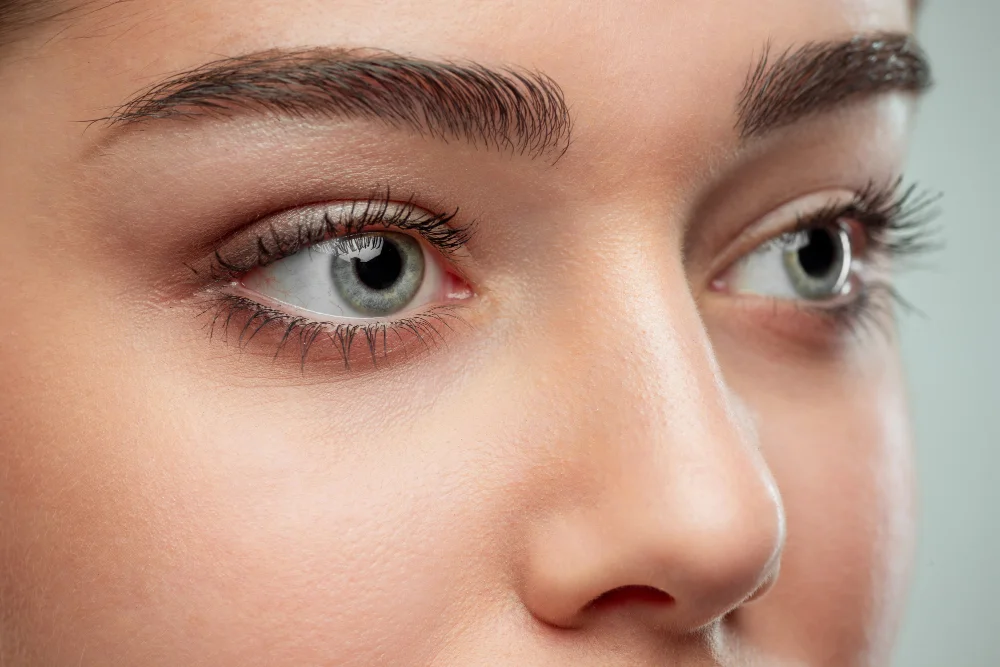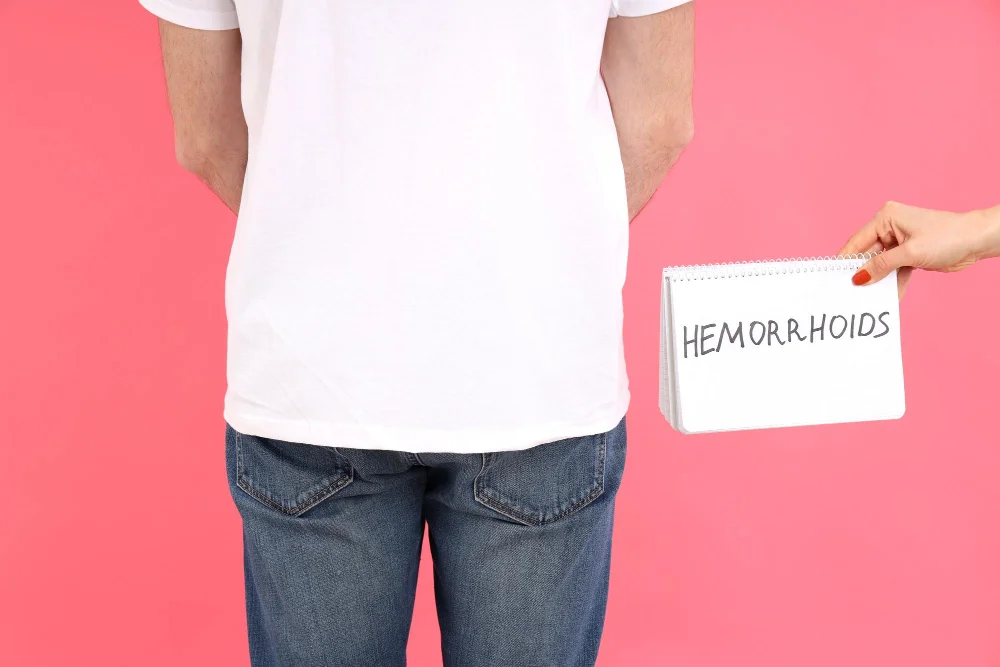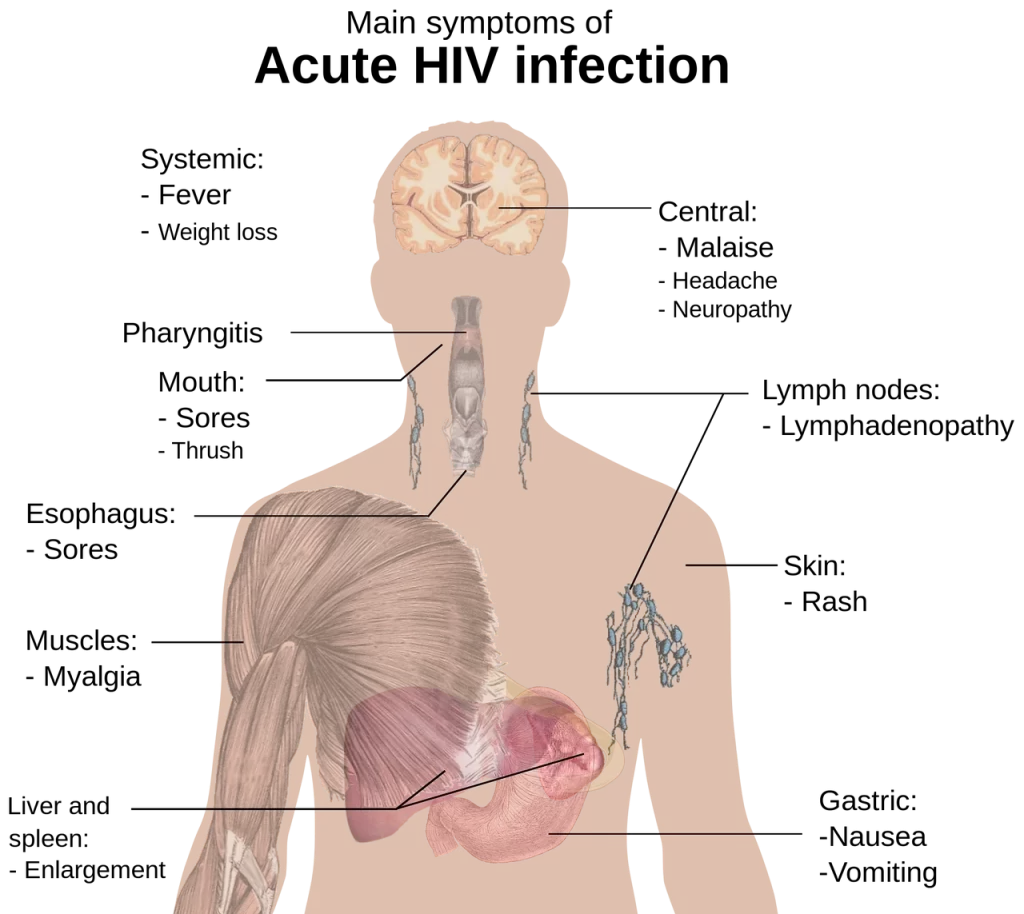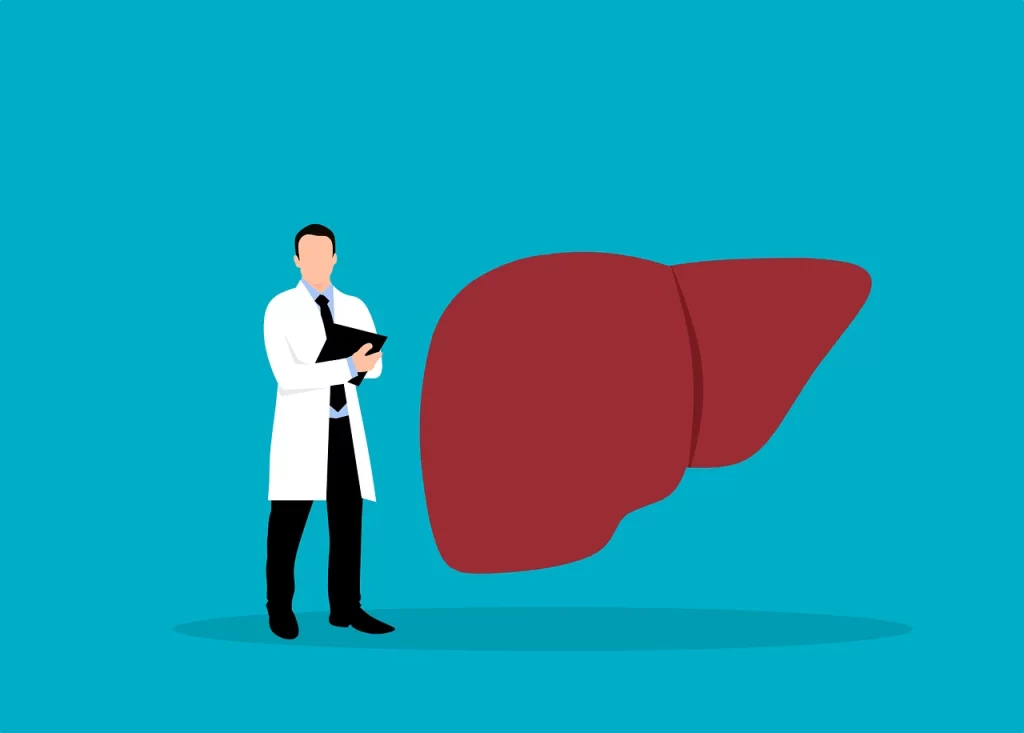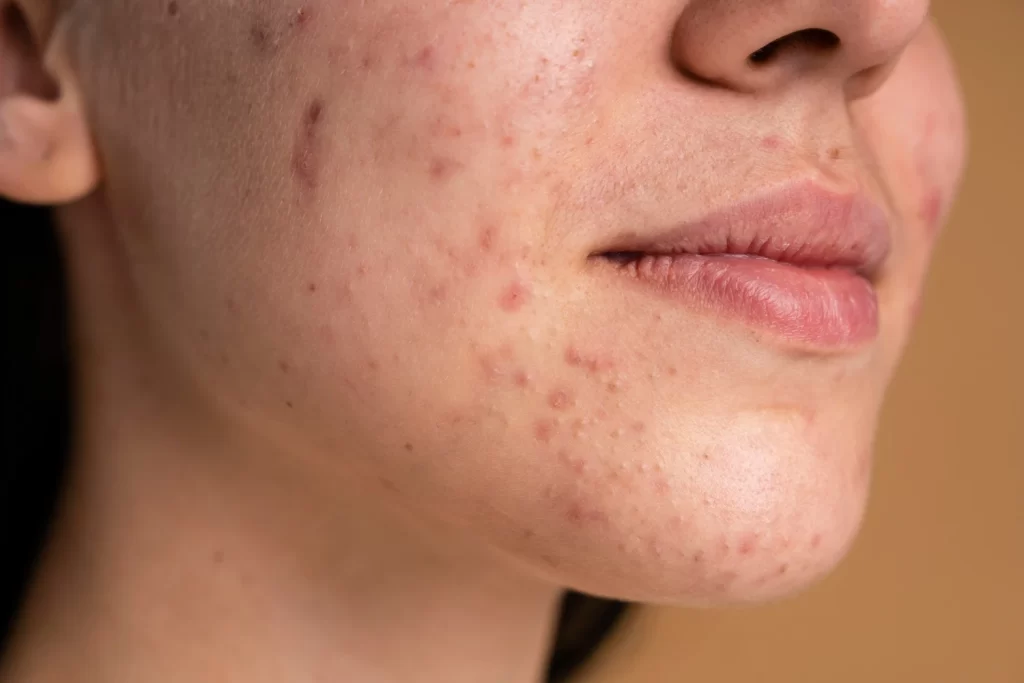
Introduction:
Dealing with acne can be a frustrating and confidence-shaking experience for many individuals. While there are various treatments available, one option that has gained significant attention is the use of birth control pills. Typically prescribed for contraception, birth control pills have shown promising results in combating acne as well. In this article, we delve into the world of birth control pills for acne, shedding light on their mechanism, effectiveness, potential side effects, and considerations for those considering this treatment option.
Understanding the Mechanism:
Exploring how birth control pills work to alleviate acne requires delving into their hormonal impact. These pills contain synthetic versions of hormones like estrogen and progestin, which regulate the menstrual cycle and prevent pregnancy. These hormones work by stabilizing hormone fluctuations that can trigger acne breakouts. By regulating the levels of androgens (male hormones) responsible for excess sebum production, birth control pills can effectively reduce acne flare-ups.
Evaluating Effectiveness:
Research studies have highlighted the potential efficacy of birth control pills in managing acne. While individual responses may vary, many individuals have reported a visible reduction in acne lesions and a more balanced complexion after using birth control pills as part of their acne treatment regimen. However, it’s essential to note that not all types of birth control pills are equally effective in treating acne. Certain formulations that contain specific progestins, such as drospirenone or norgestimate, tend to provide better acne-fighting benefits.
Potential Side Effects:
As with any medication, birth control pills may come with potential side effects. While most individuals tolerate them well, it’s crucial to be aware of the possible risks. Side effects may include nausea, breast tenderness, changes in menstrual flow, mood swings, and, in rare cases, an increased risk of blood clots. It’s important to consult with a healthcare professional to discuss the potential risks and benefits based on your specific health profile.
Considering Other Factors:
Before opting for birth control pills as an acne treatment, it’s essential to consider various factors. Factors such as age, overall health, pre-existing medical conditions, and the individual’s specific acne severity should be taken into account. Consulting with a healthcare professional who can provide personalized advice is highly recommended. They can help determine if birth control pills are a suitable option and discuss alternative treatments if necessary.
Combining Treatments:
In some cases, healthcare professionals may recommend combining birth control pills with other acne treatments for enhanced results. Topical treatments like benzoyl peroxide or retinoids, along with a consistent skincare routine, may be suggested to complement the effects of birth control pills. Additionally, maintaining a healthy lifestyle, managing stress, and avoiding pore-clogging cosmetics can contribute to overall acne management.
Conclusion:
Birth control pills offer a potential avenue for individuals seeking an effective treatment option for acne. With their ability to regulate hormonal imbalances that often contribute to acne breakouts, they have shown promise in improving skin health. However, it’s crucial to remember that birth control pills are prescription medications and should be taken under the guidance of a healthcare professional. By considering individual health factors, weighing potential side effects, and exploring alternative treatments, individuals can make informed decisions about incorporating birth control pills into their acne management strategies.
Read More:
- 5 Signs you may have liver disease
- 5 Causes of Liver Disease You May Be Ignoring
- Liver disease: causes, symptoms, and treatments
Image Creadi: freepik
